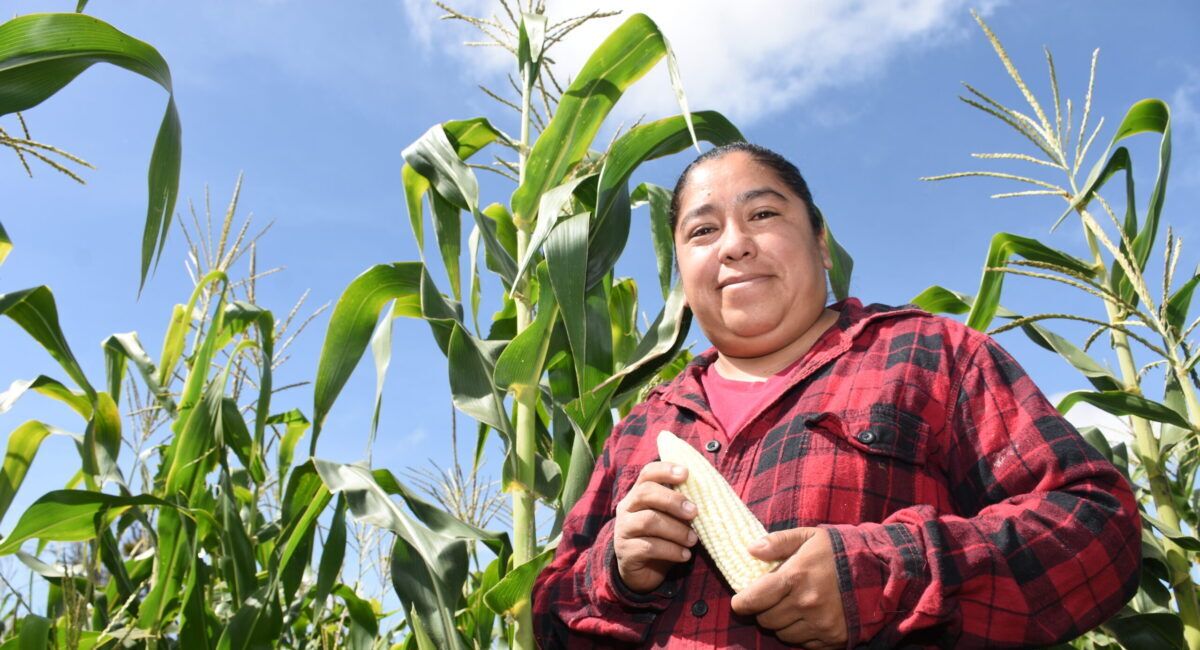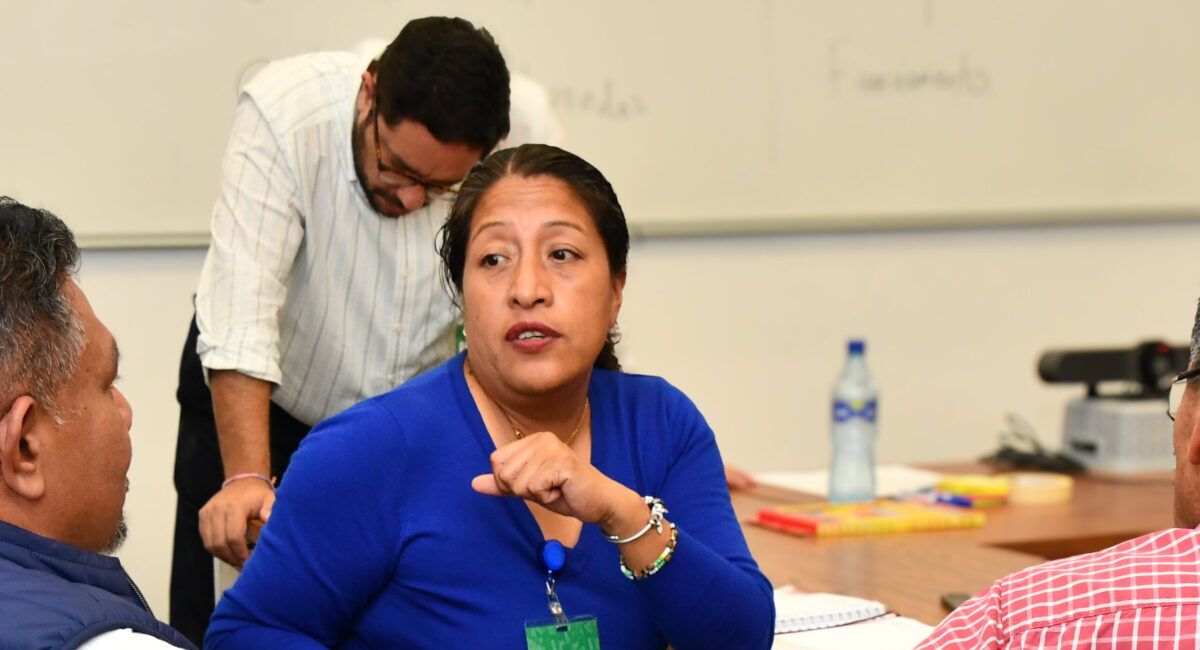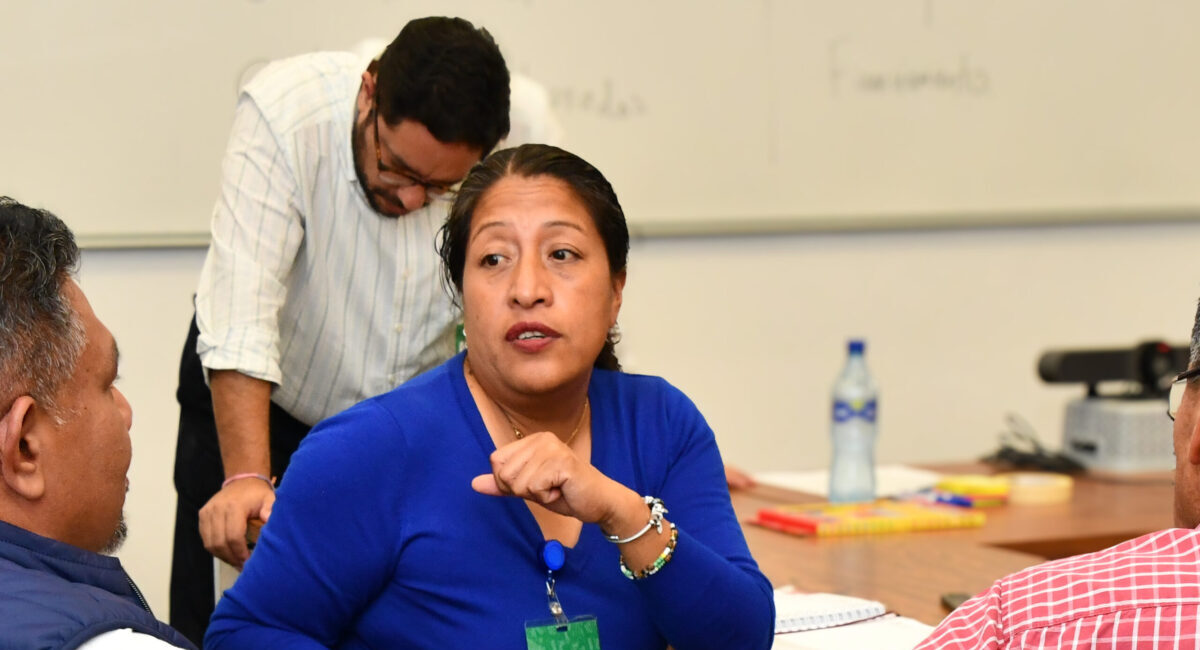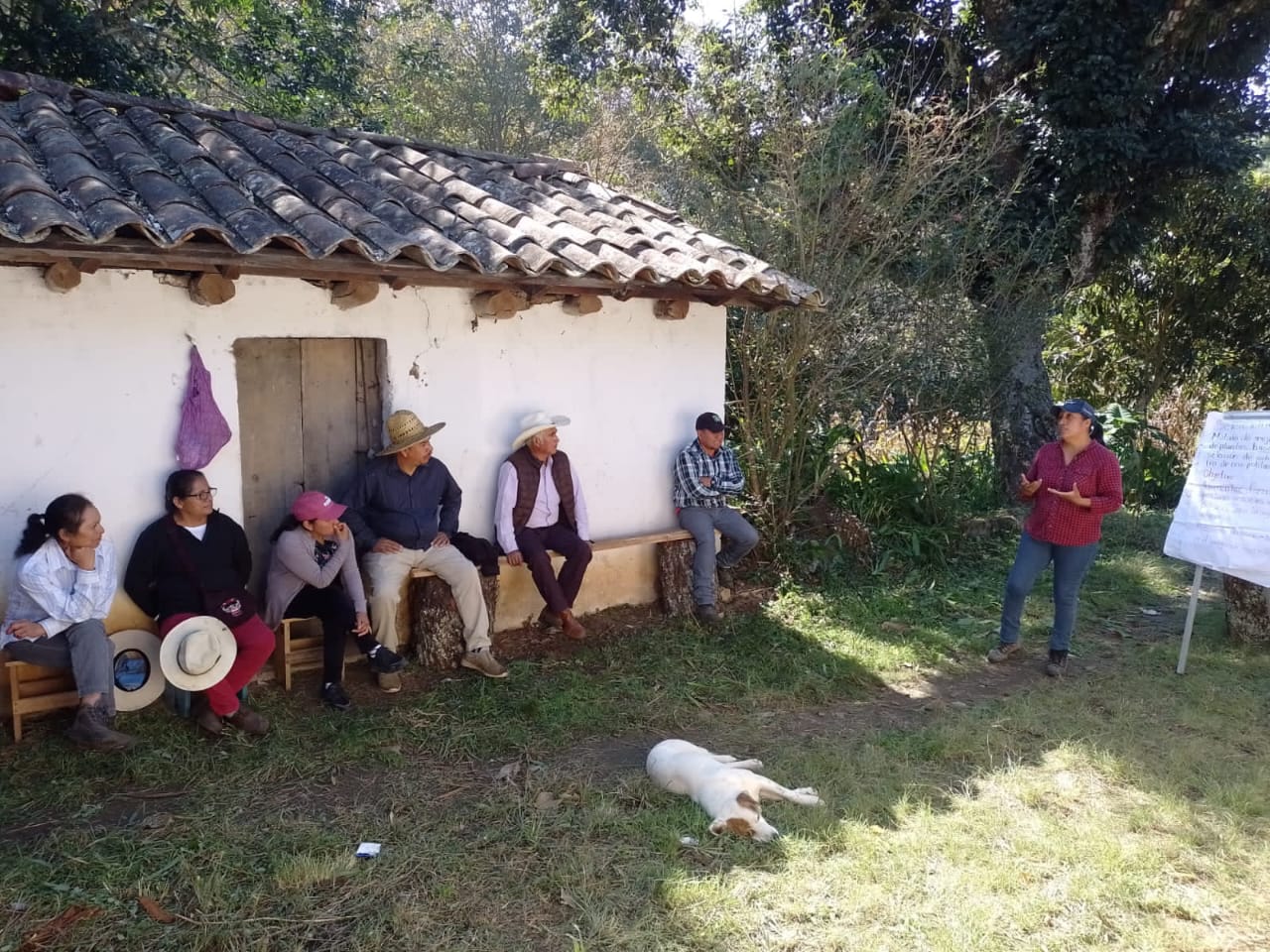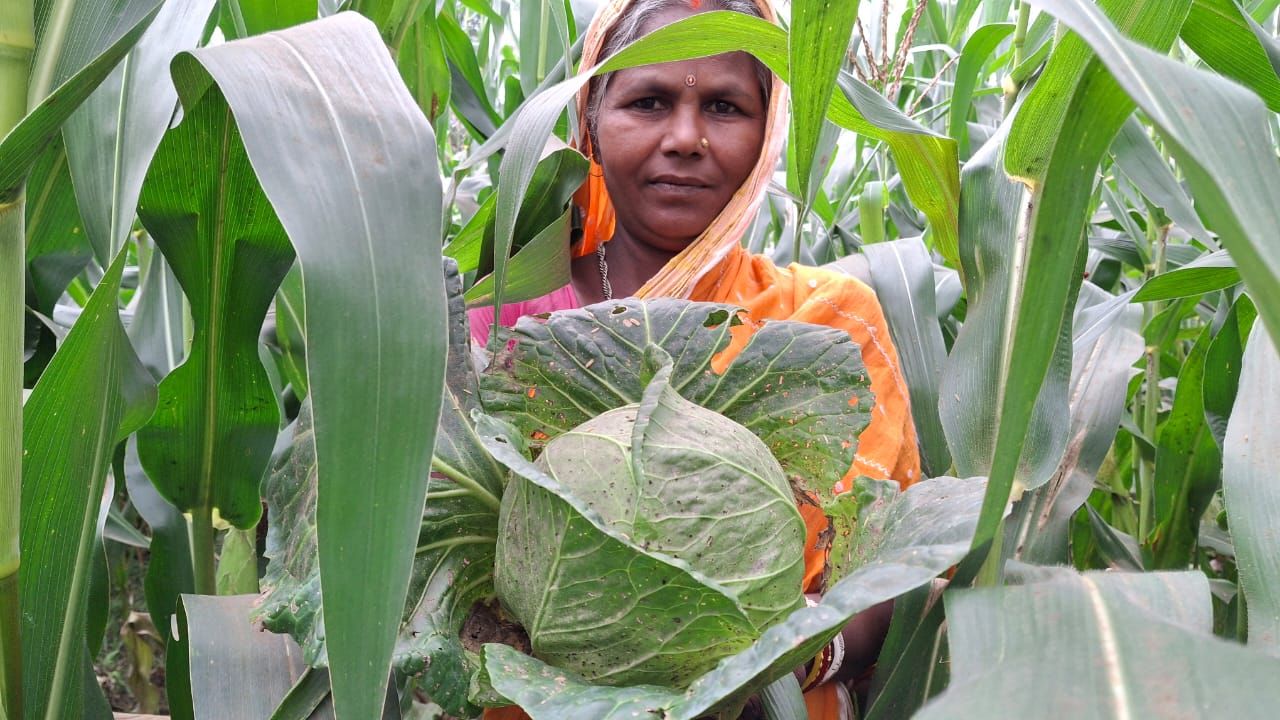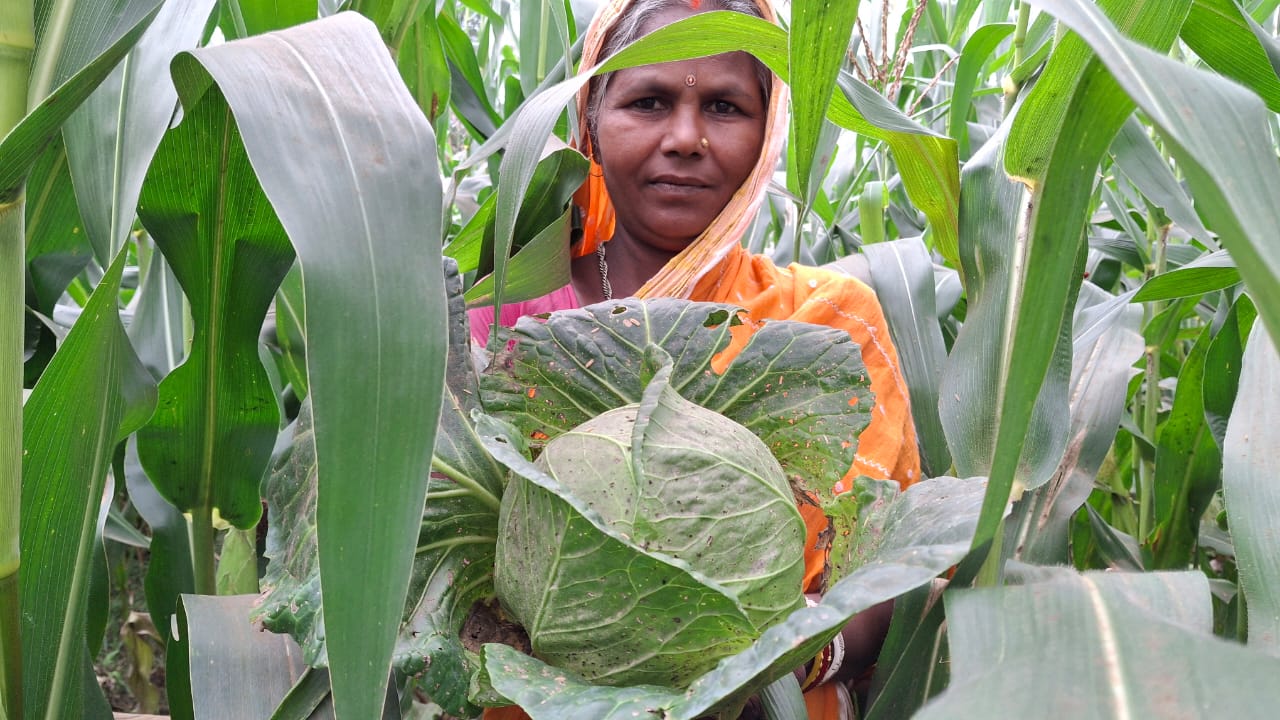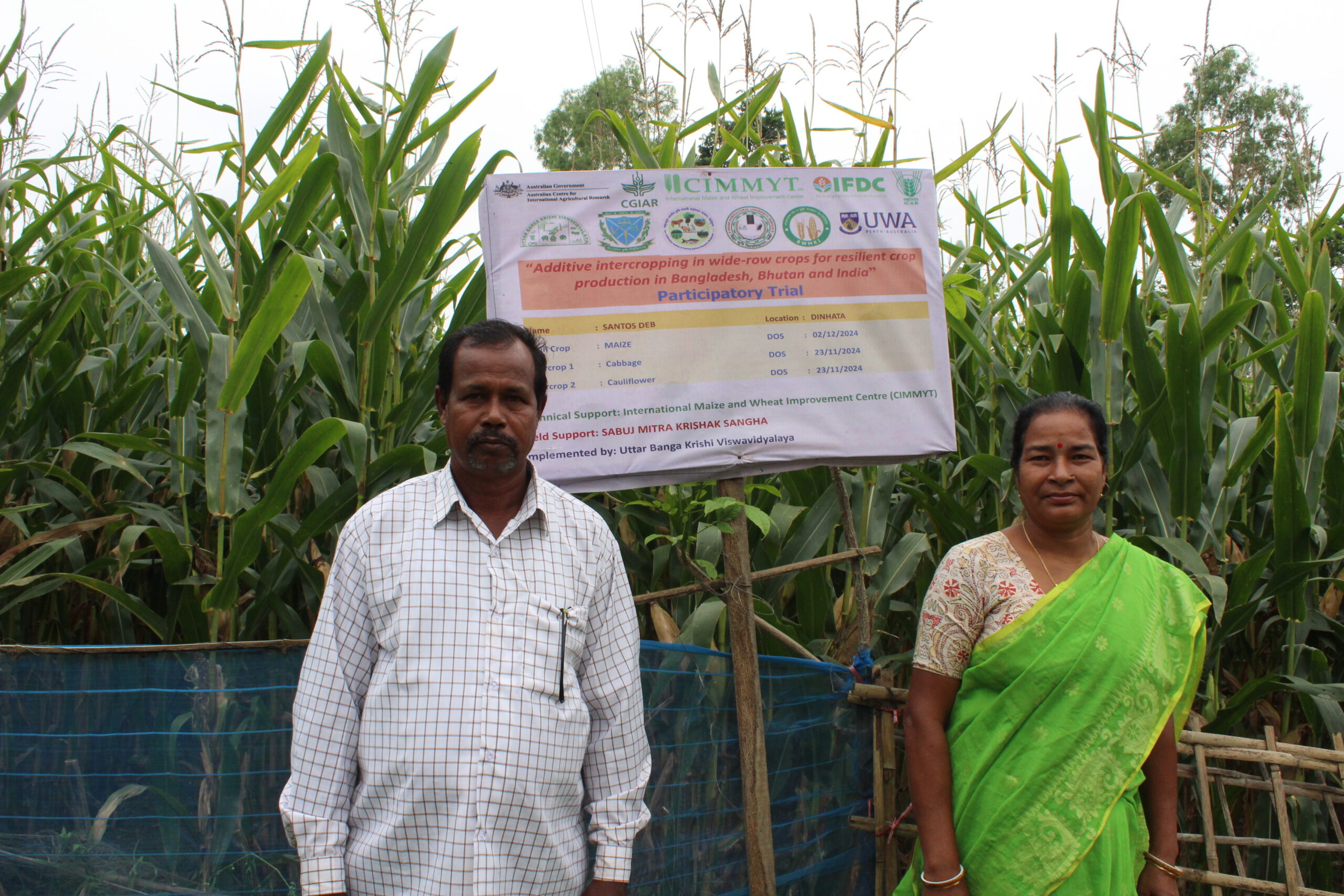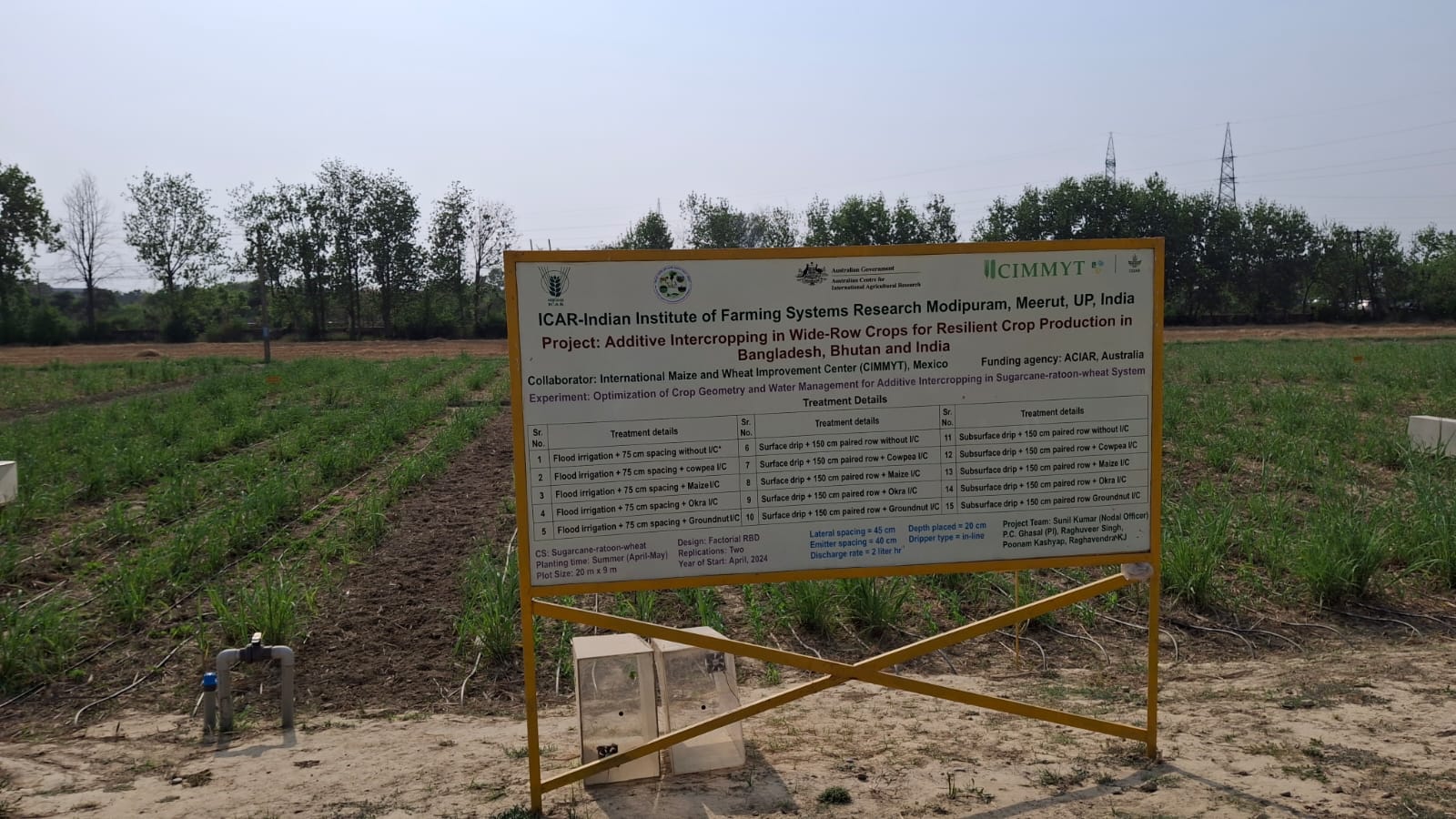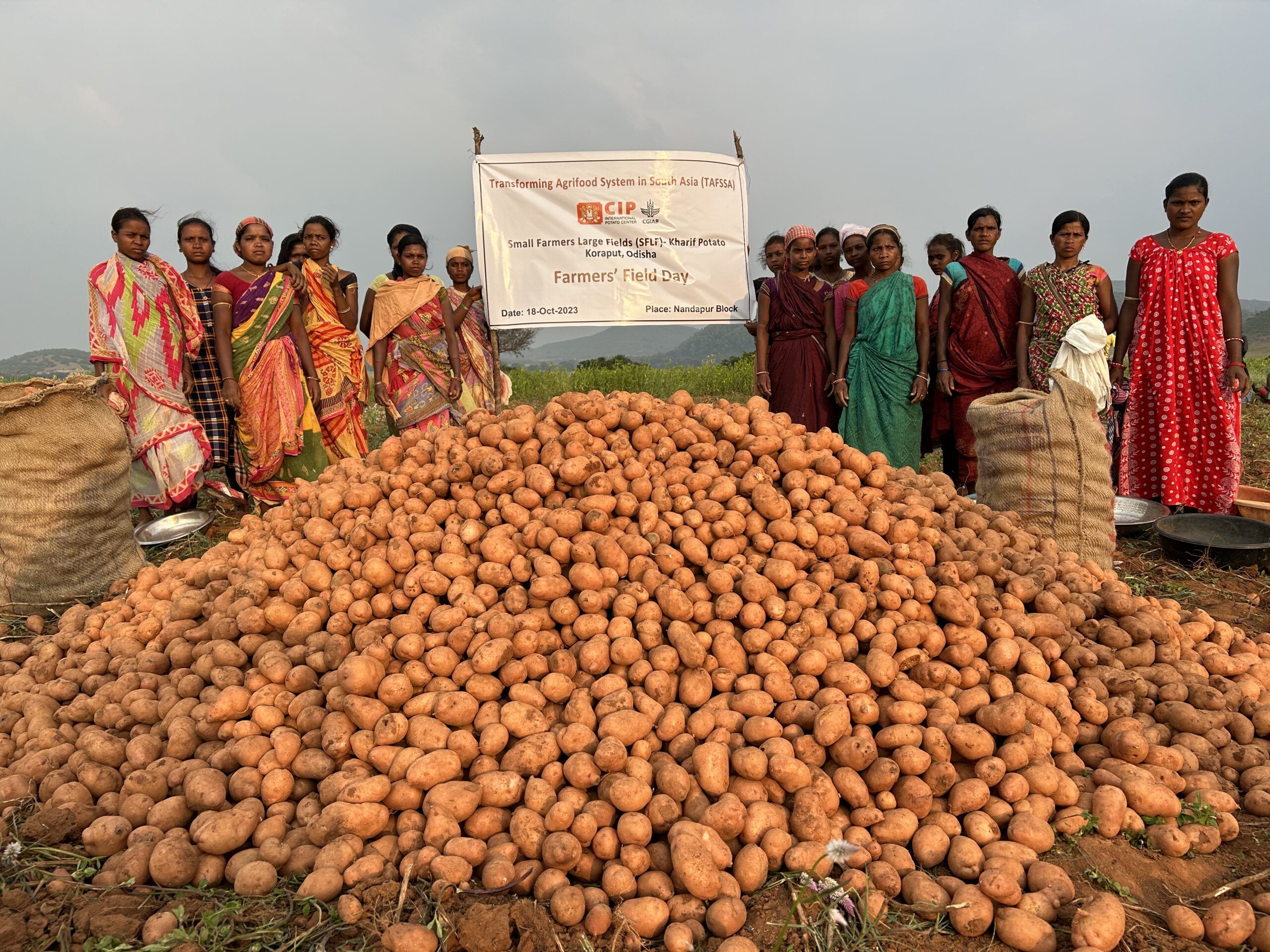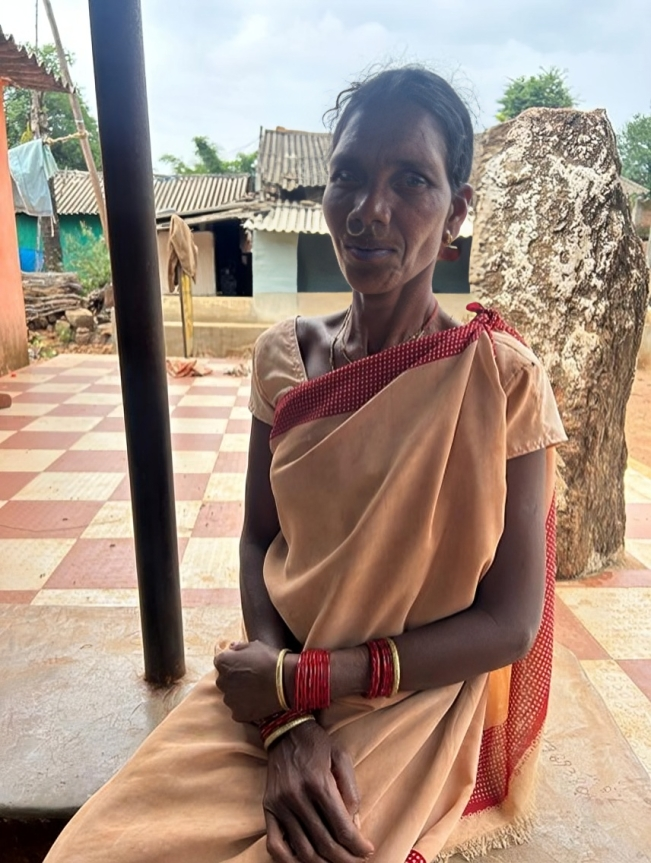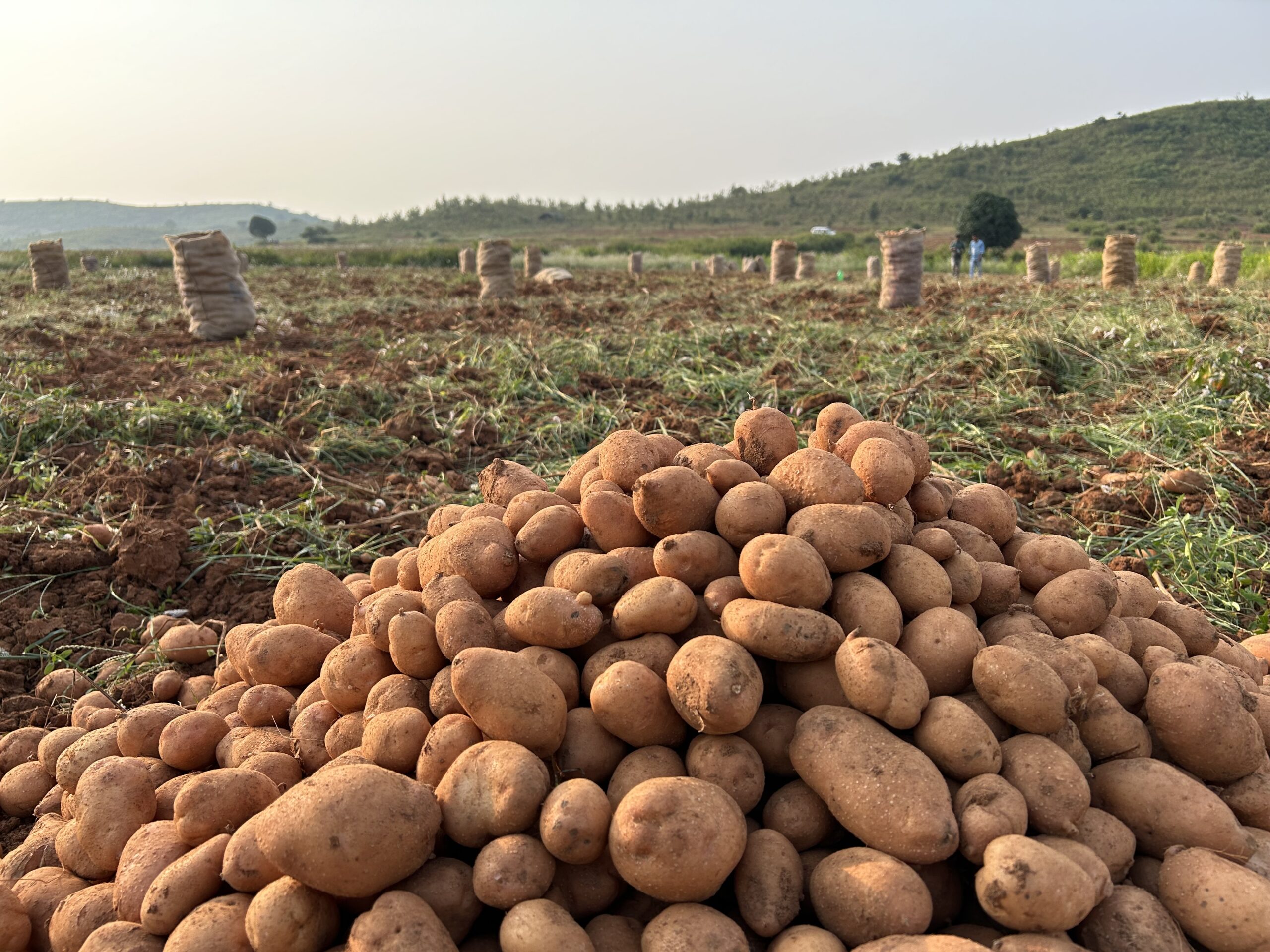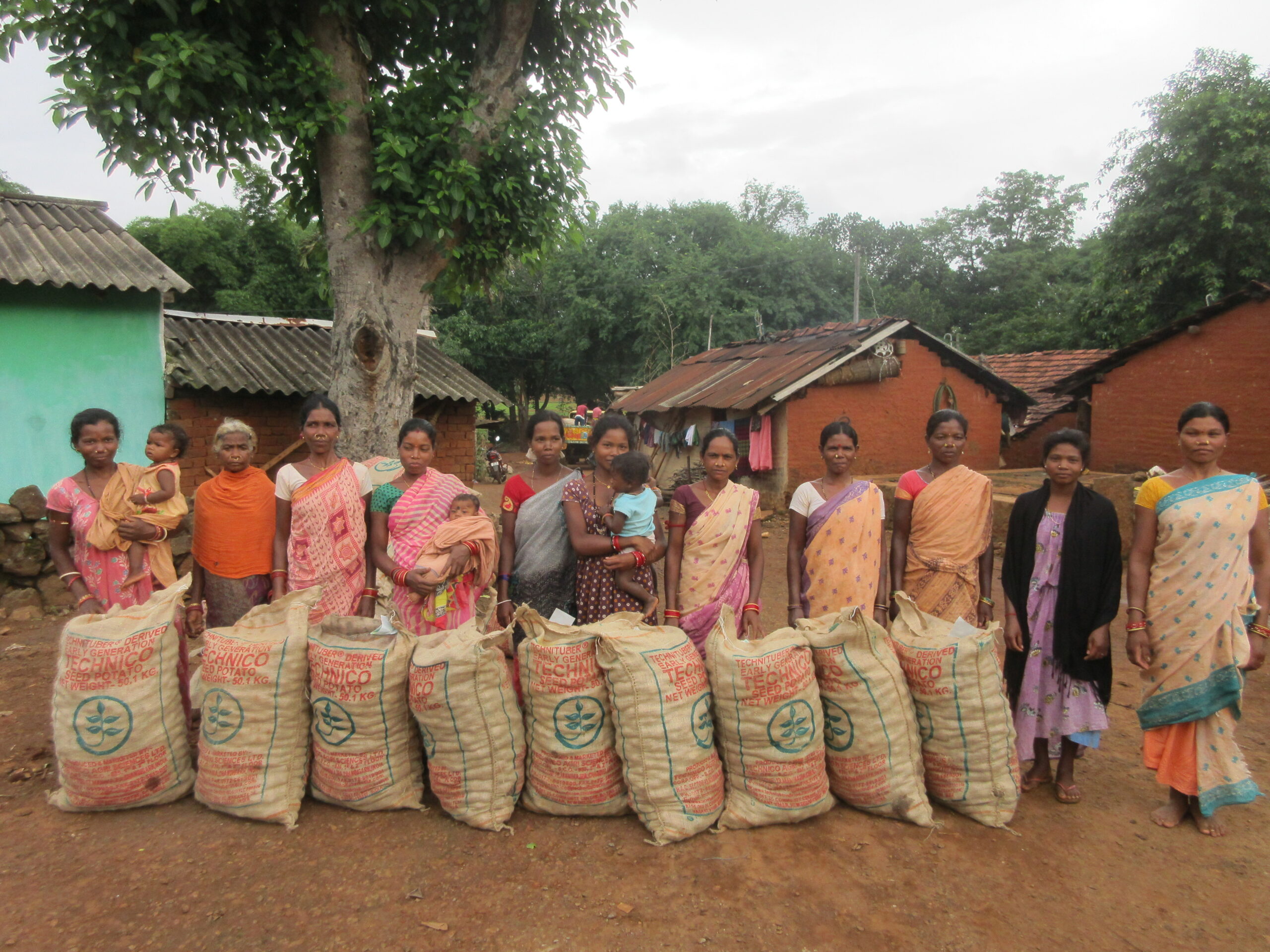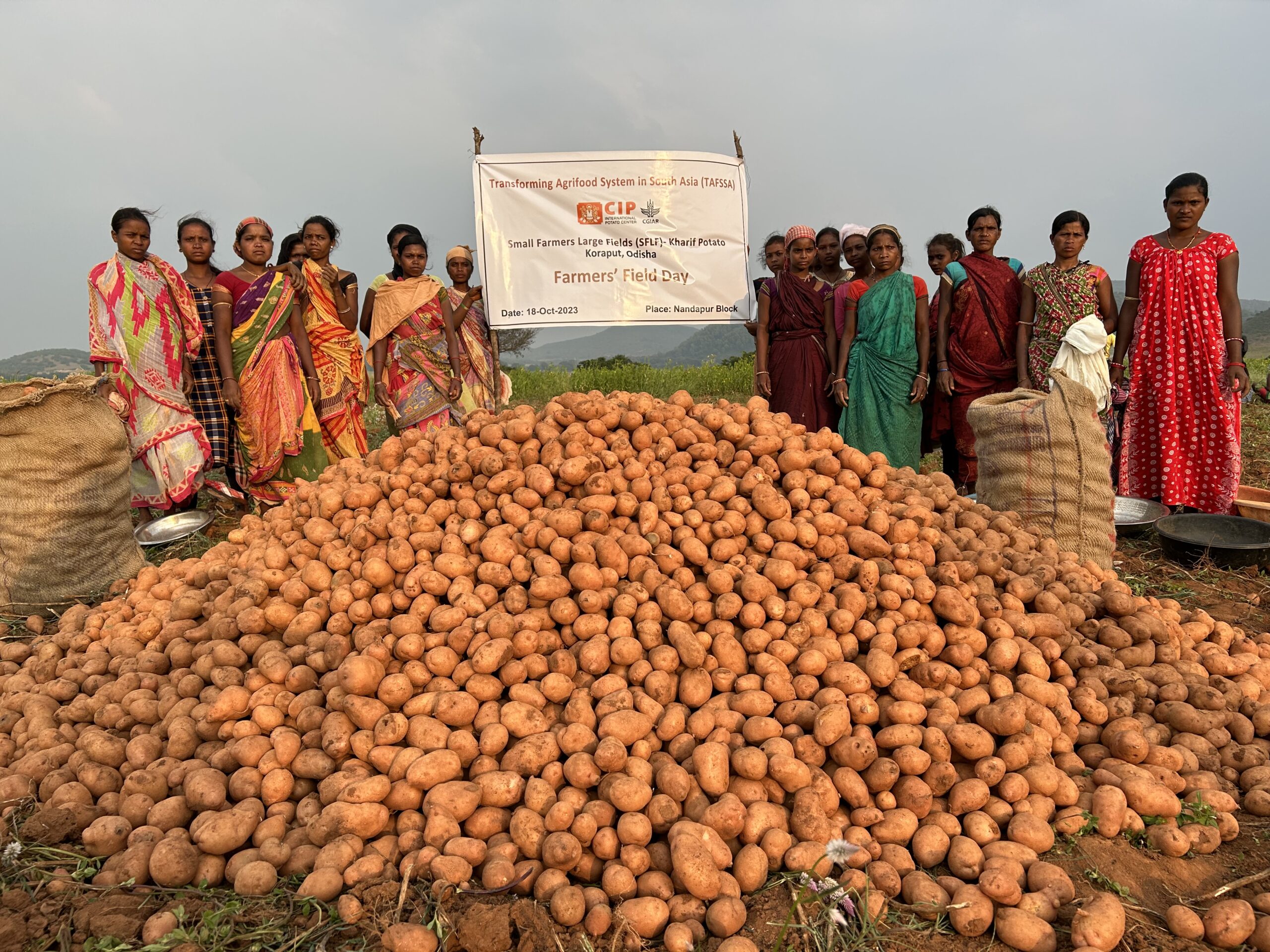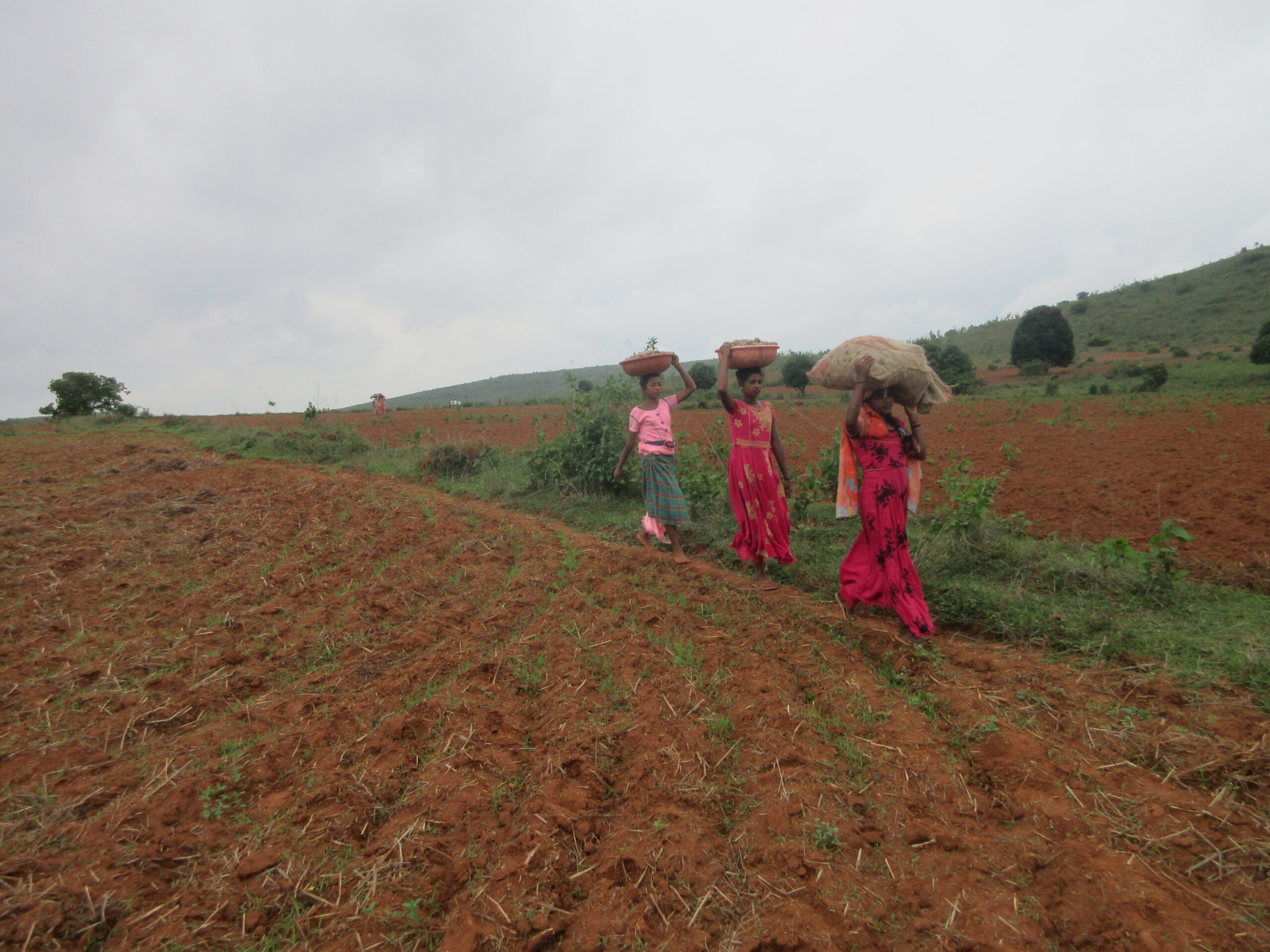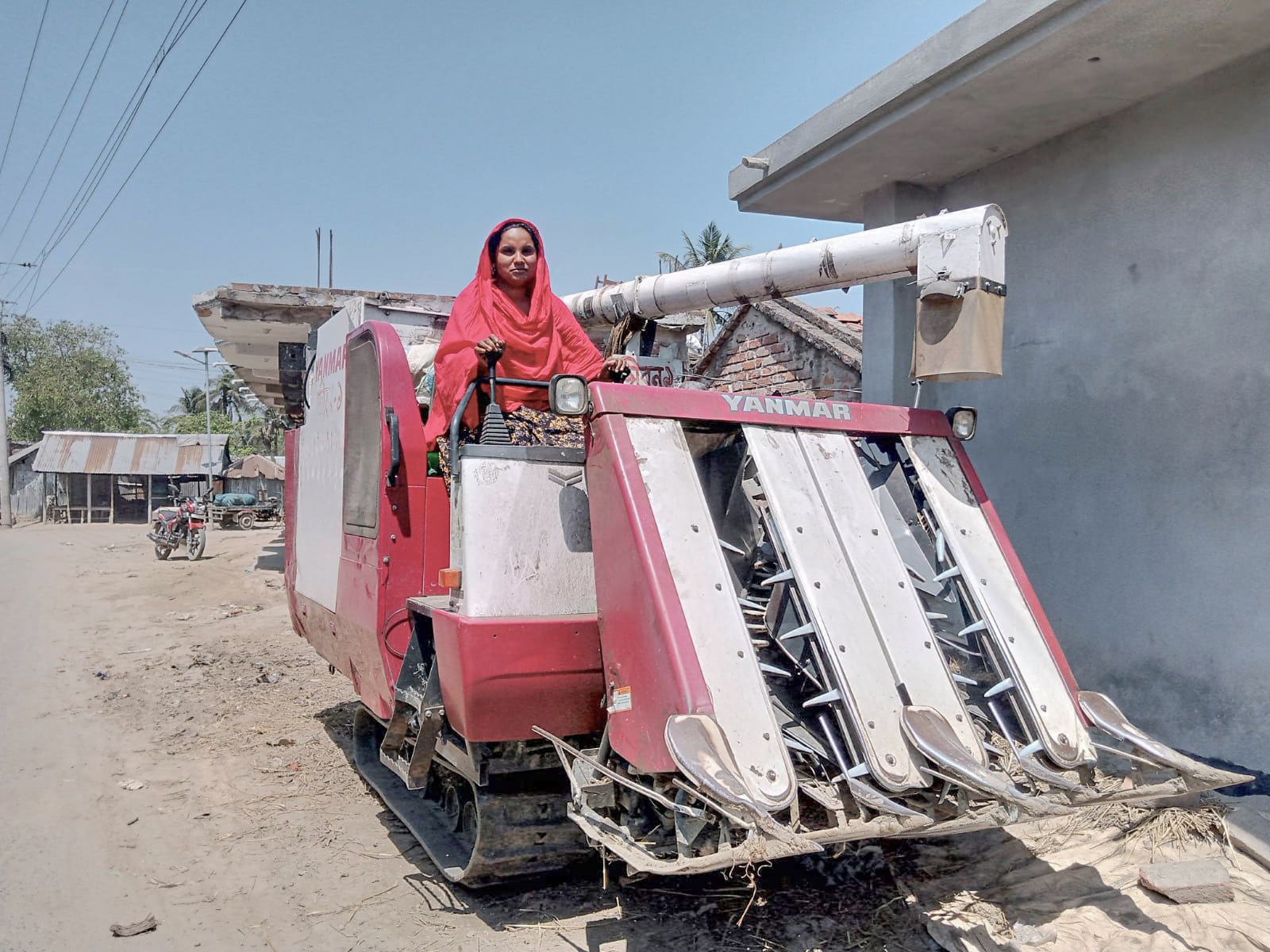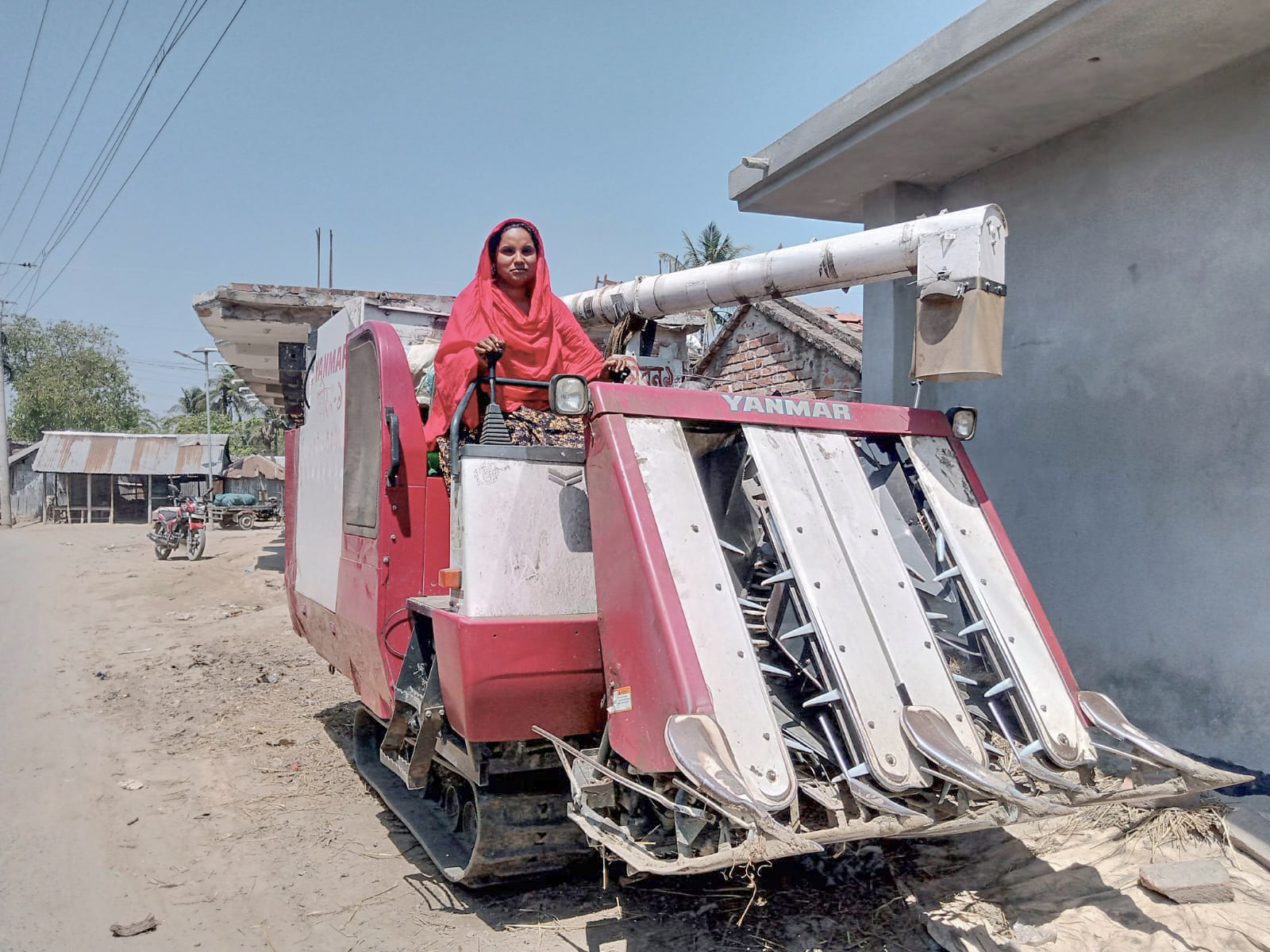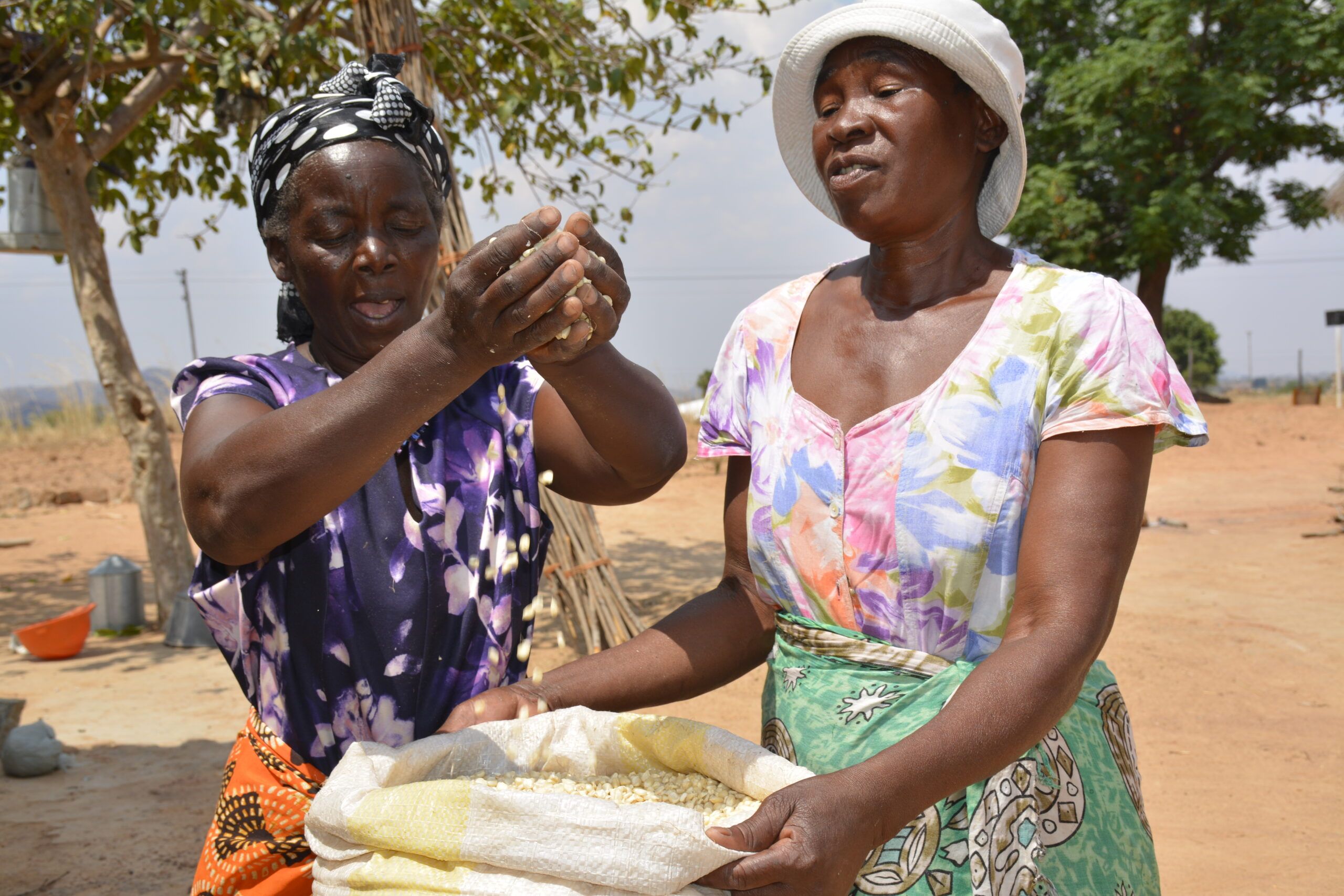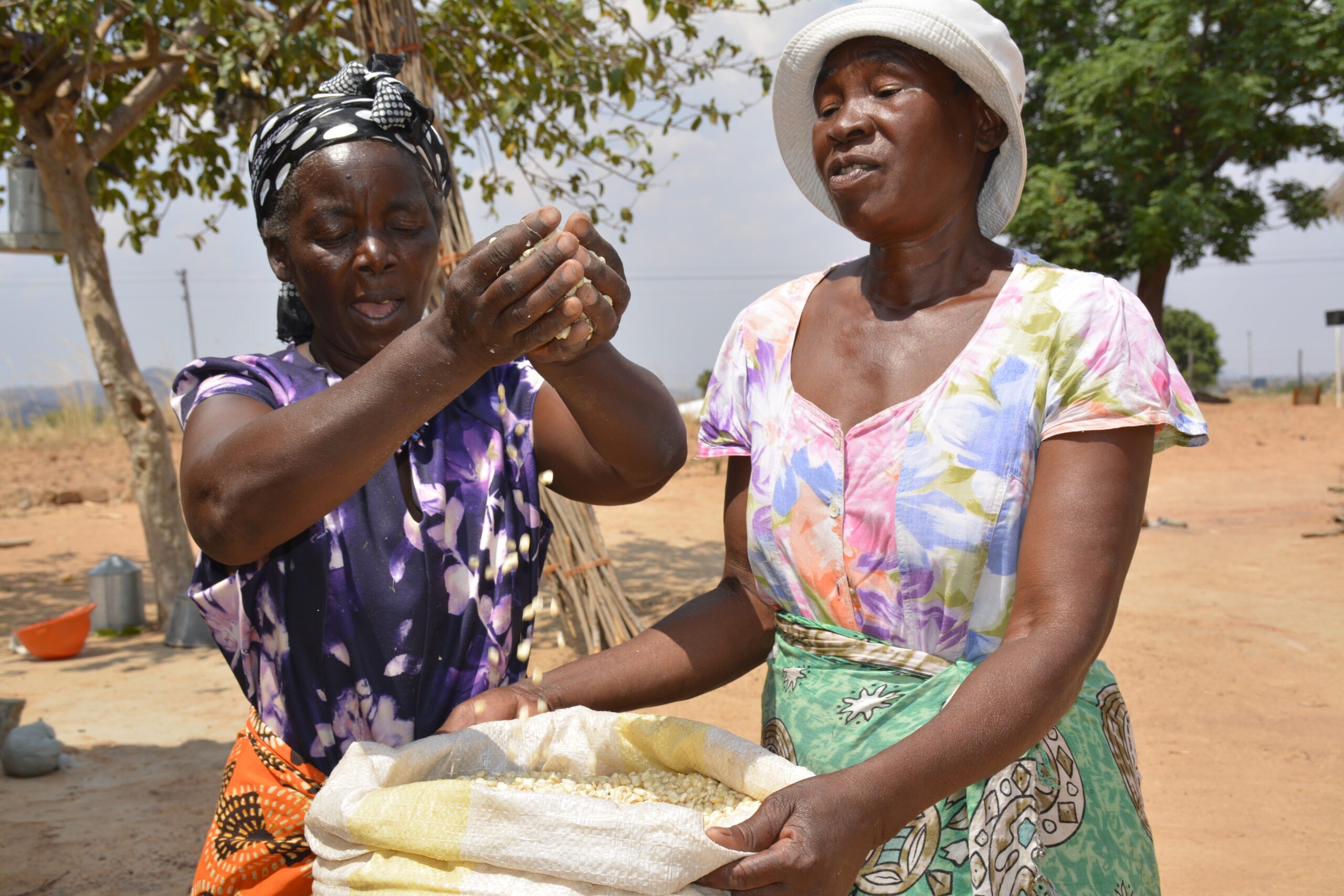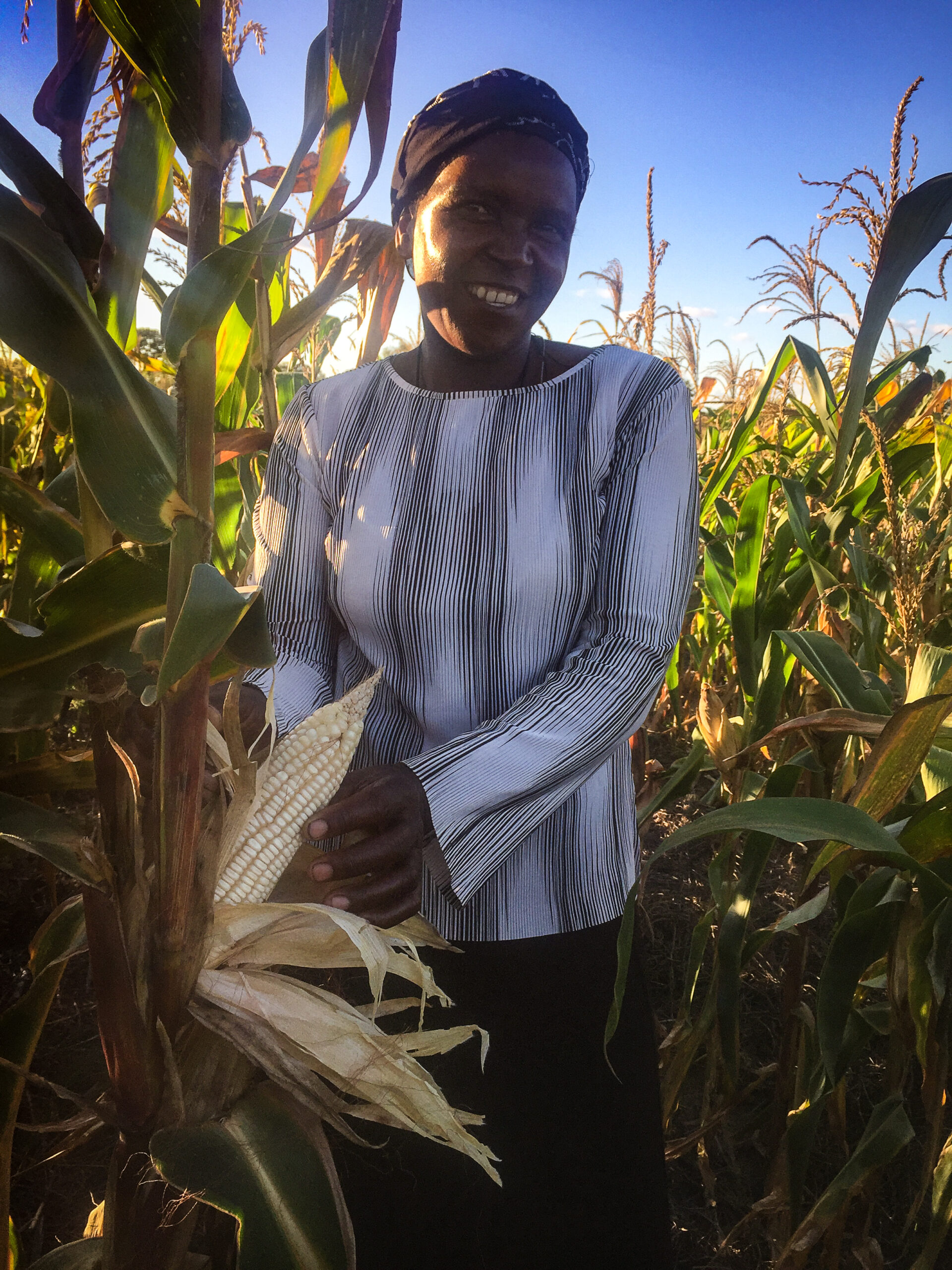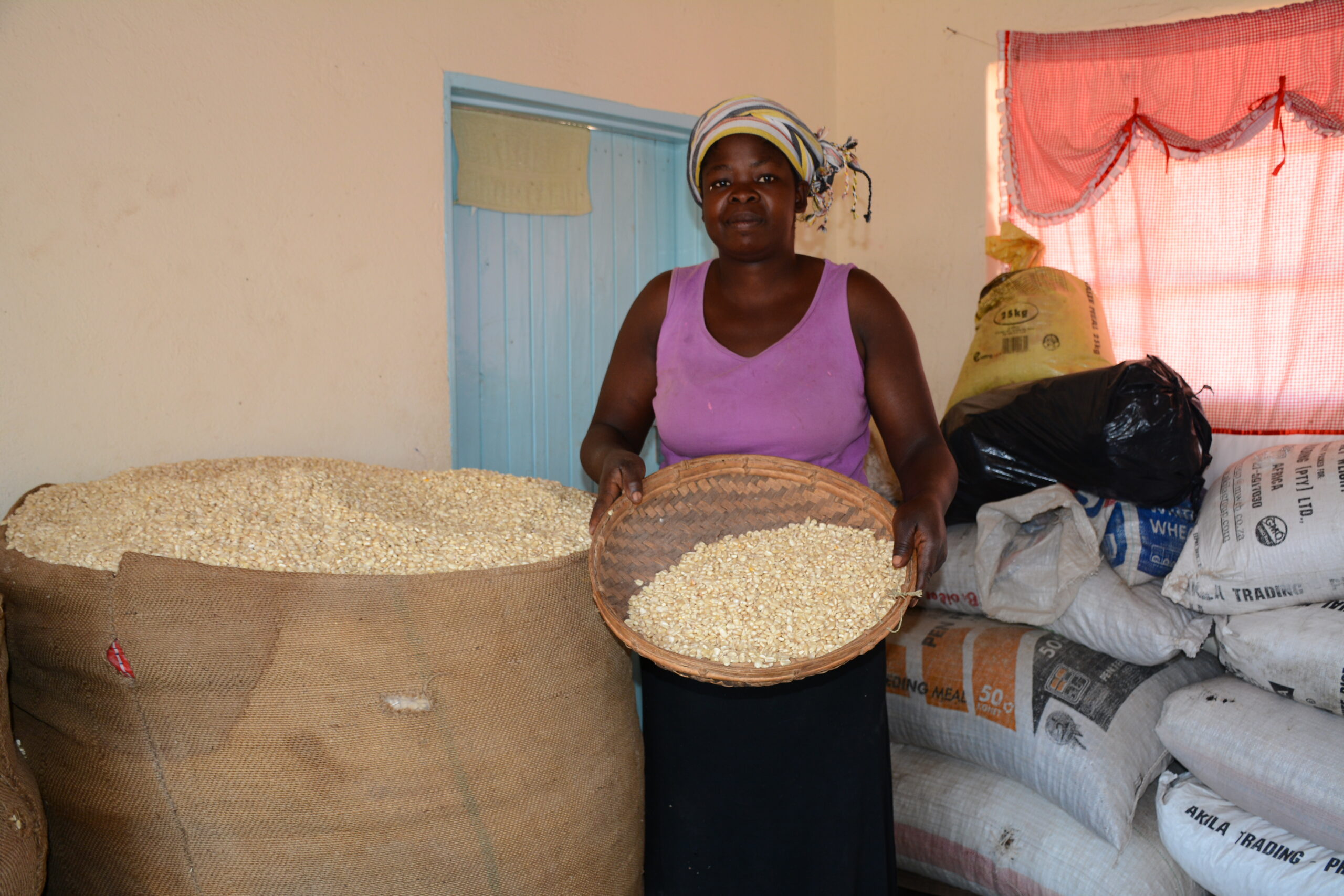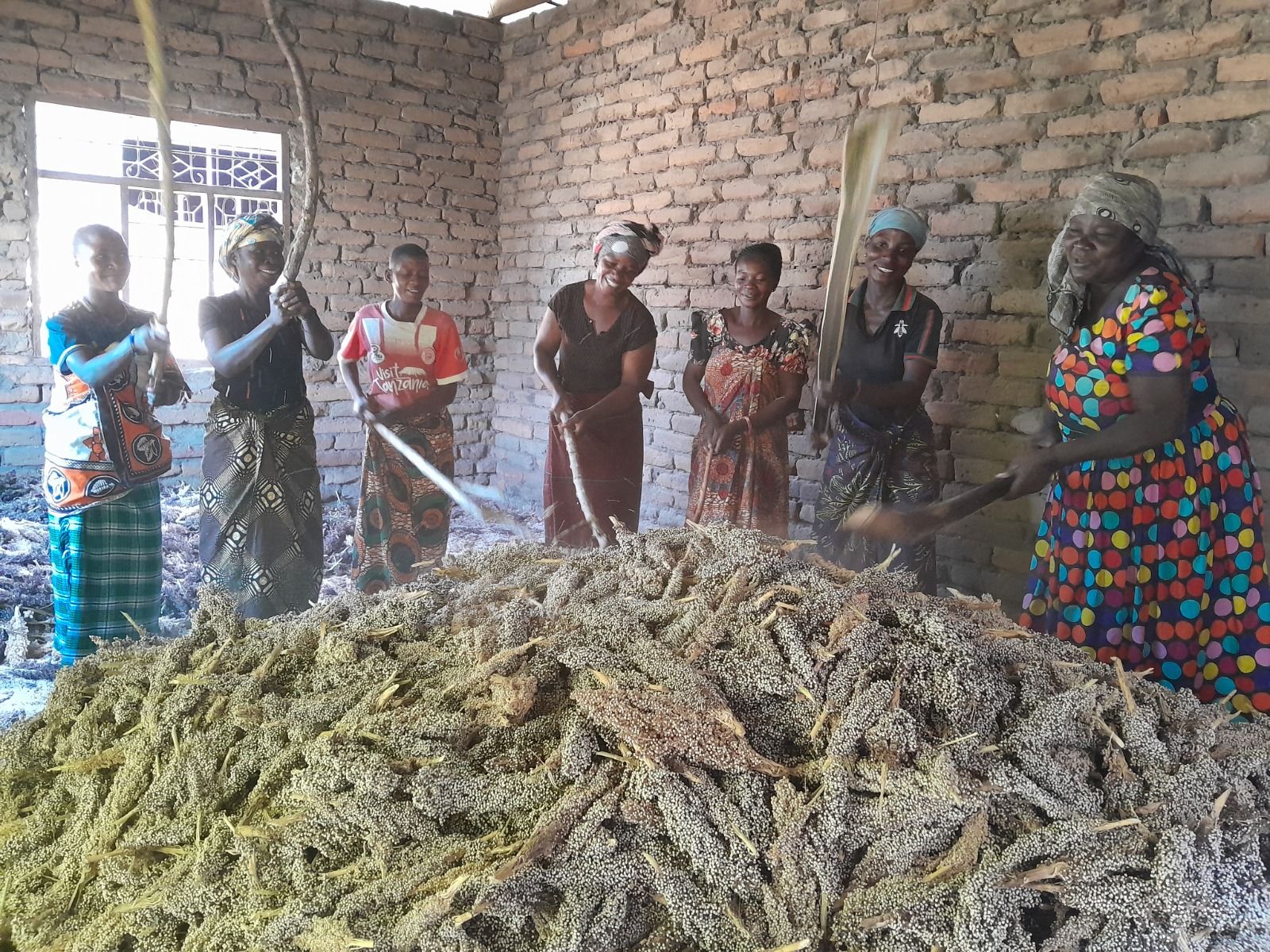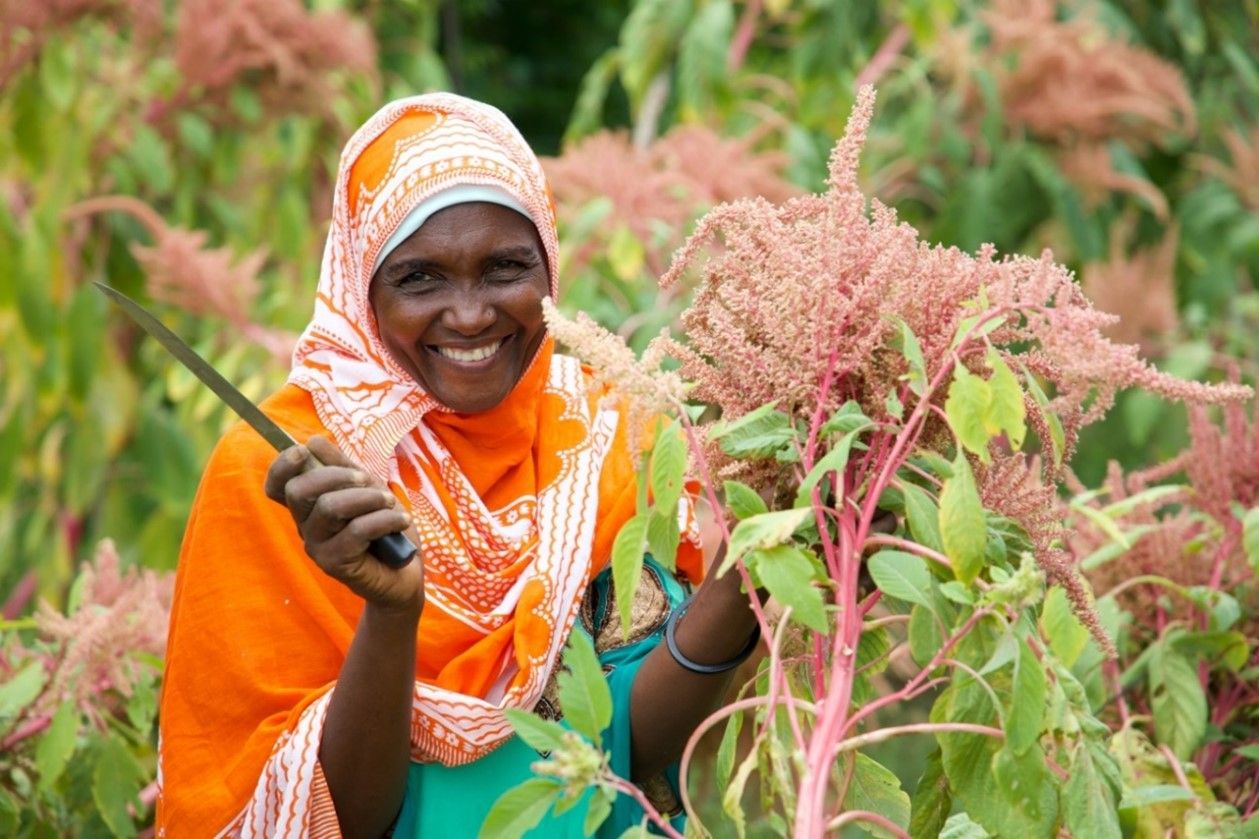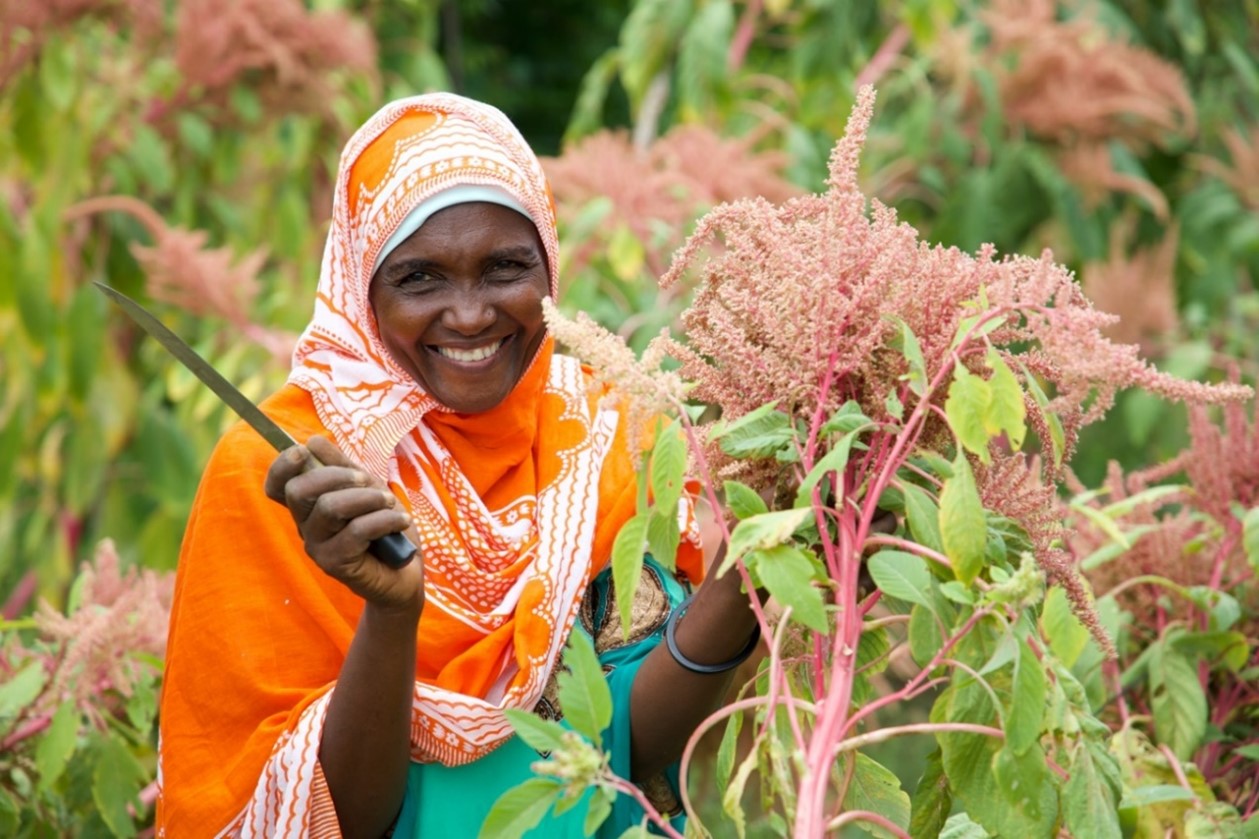Women Who Nourish the Earth: Yuridia Hernández and the Feminine Strength in Sustainable Agriculture
In the lands of Oaxaca’s Mixteca, where rainfall no longer comes as it once did and the soil begins to feel the weight of years and intensive use, a network of women producers has taken on the task of healing the land—while also healing themselves. One of these women is Yuridia Hernández, who has decided to farm differently: with more awareness, less haste, and the support of other women who, like her, believe that a different kind of farming is possible.
Since 2023, Yuridia has been part of the Secure Maize Supply Program of the Secretariat of Food Promotion and Rural Development (SEFADER), supported technically by engineer Griselda Cruz Guzmán. On her three-hectare plot, she has begun applying agroecological practices: minimum tillage, biological pest management, the use of bio-inputs, and the reincorporation of crop residues. “We’ve gone back to practices we were already forgetting. Now we see our plants are more resilient. That motivates us to keep going,” she explains.
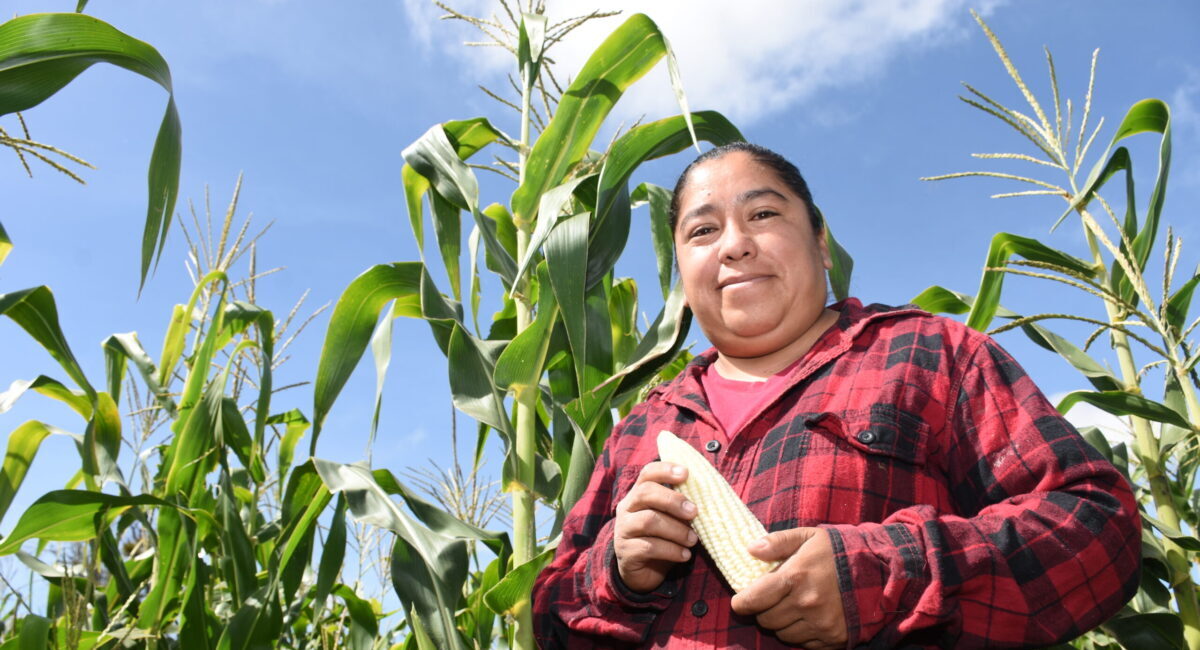
Last year, she planted late, like many in the region, due to delayed rains. But she didn’t give up. “This is a rainfed plot, and although the weather isn’t the same anymore, we can still produce if we change how we do it,” she says firmly. Though she works alongside her husband and eldest son in a family production unit, Yuridia makes her own decisions for her plot. “At first it was difficult—he (her husband) prefers mechanized methods, using chemicals. I would tell him: ‘wait, let’s try other options.’ And though it was hard for him to give up plowing, now he sees the results. Little by little, he’s adopted new practices.”
Like the Earth that gives life and regenerates when treated well, Yuridia has found a shared strength in other women. “In the group, you can feel when there are more women,” she says. “The men often come in with a different mindset, they find it harder to work as a team. But among women, it’s different: it’s enough to say, ‘how should we do this?’ and we organize ourselves.” She has especially formed close ties with another producer’s daughter, with whom she shares not just the work, but also a critical and forward-looking view of farming’s future: “We have that urge to do things differently, to improve them. And that’s made us a solid team. We pull each other forward—and also bring along the men who want to join.”
What began as an individual effort has now become a small network of learning, experimentation, and mutual support. By sharing knowledge, organizing field visits, and discussing what works and what doesn’t, Yuridia and her peers have been able to strengthen themselves and those around them: “That’s how we’ve grown stronger—by building a network.”
Beyond her own experience, she’s attended events at research platforms like those of INIFAP and CIMMYT, where she saw firsthand that sustainable practices can be applied in her context. “That’s where I said: this works, I want to replicate this,” she shares.
Yuridia also knows that climate change is not a distant issue. “It’s hit us hard. Rains aren’t like before, pests show up suddenly. But with these practices, the system is adapting. Where we leave more residues, the plants stay vigorous.” That’s why she doesn’t hesitate to send a message to those who support research and technical assistance: “Thank you for promoting these activities. Research really does help us. It lets us change or bring back what we already knew. If we do nothing, we’ll lose our land. But if we have tools, if we see examples, we can move forward,” she says gratefully.
Yuridia’s testimony reminds us that caring for the planet is not an abstract task—it starts in plots like hers, in voices like hers, in hands that sow with hope, science, and community. And just like the Earth, the women who care for and work the land have an immense capacity to regenerate, sustain, and transform.
